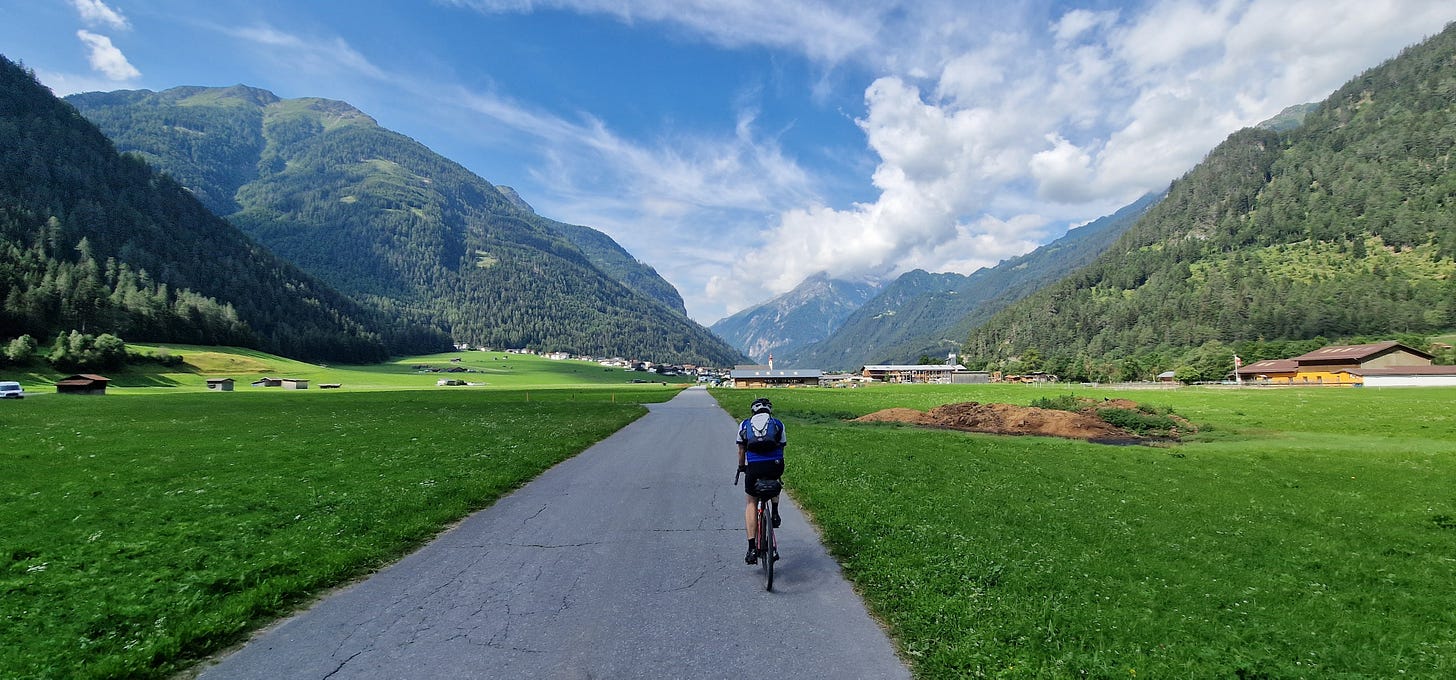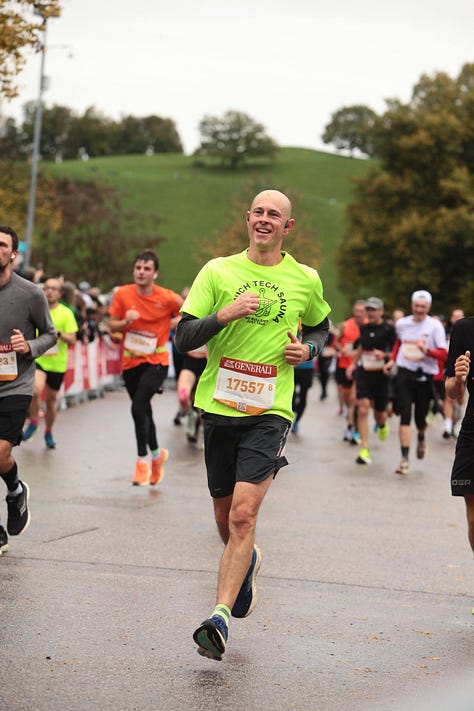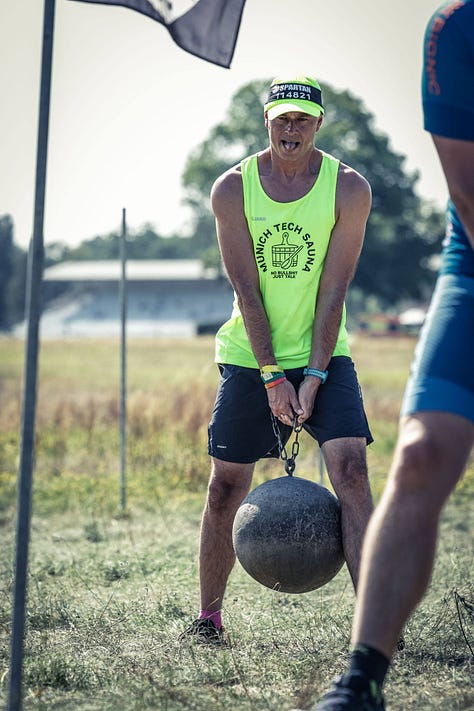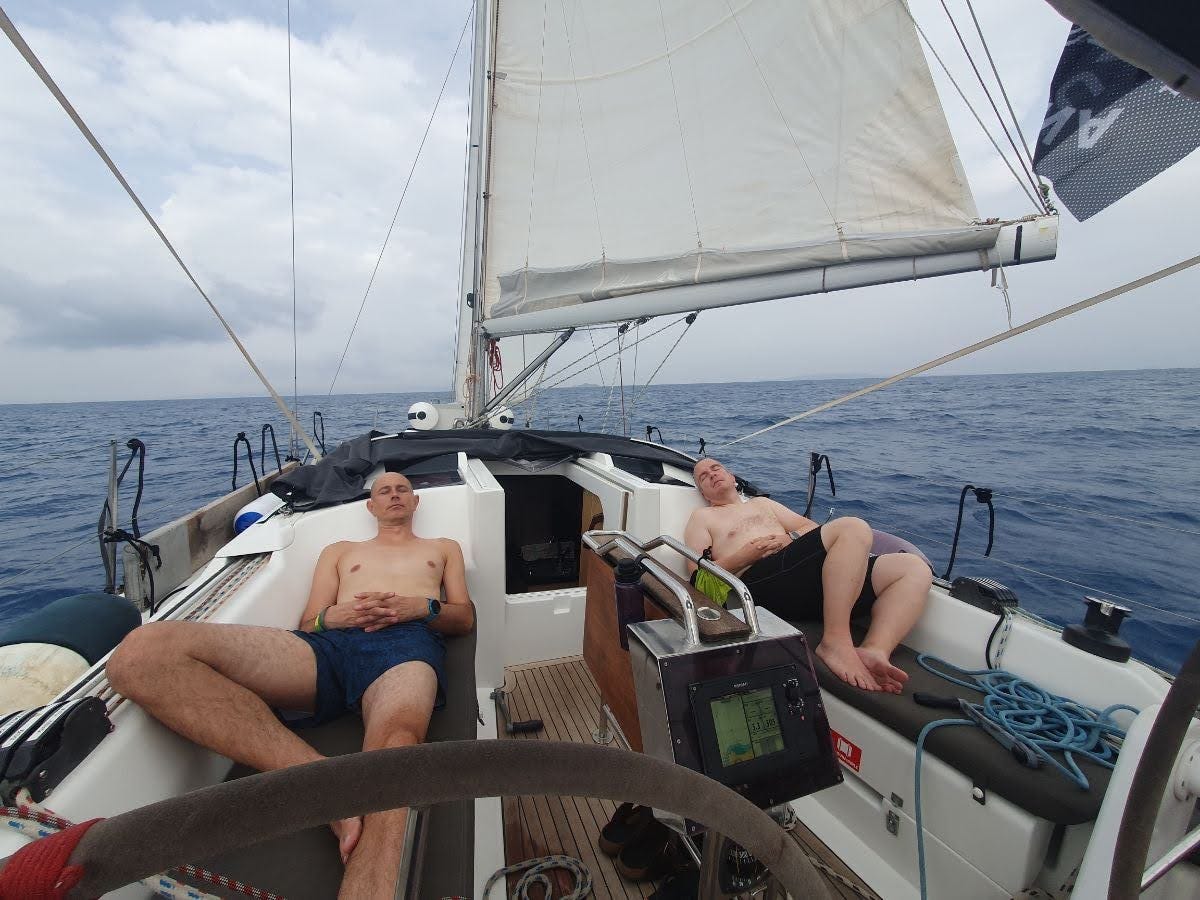Outliving the Odds: My Key Takeaways from Peter Attia's "Outlive"
From Protein to Mental Wellness: Practical Steps for a Fulfilling Life.
I recently finished Peter Attia's "Outlive", a recommendation from a colleague at SAP, and it was a fascinating read. It reinforced a lot of the lifestyle choices I've made lately, which was quite validating. This isn't a substitute for reading the book, but I'll share some key takeaways.

Attia's central idea is straightforward: he wants to help us stay healthy and enjoy life longer, and then experience a swift decline at the very end. That's a goal most of us can get behind.
He points out the problems with modern living, such as poor diets and insufficient exercise, and how these contribute to diseases like diabetes, heart disease, and Alzheimer's.
He calls his approach Medicine 2.0, which focuses on addressing health issues early through lifestyle changes. Below are the four key areas to focus on: Training, Nutrition, Sleep and Mental Health.
Training
When it comes to training, Attia emphasizes that while endurance, measured by VO2 max, is important, strength and stability are equally crucial. I was surprised to learn that hand strength correlates with longevity. Stability, in this context, refers to core work and balance, which makes activities like yoga and bodyweight training valuable. He also mentions sauna use as potentially beneficial for reducing Alzheimer's risk.
My main takeaway is that strength training is essential for overall fitness. It's not just about excelling in one area, like cycling endurance, but about developing well-rounded physical capabilities. Diversity in training is key.



For me, incorporating sauna, yoga, and calisthenics alongside endurance training aligns with my "Play, Passion, Purpose" concept, making these activities sustainable long-term.
Training needs to become a consistent part of your lifestyle to make a real difference.
Nutrition
Nutrition is another critical aspect of longevity. Of course, eliminating fast food and incorporating healthy oils like olive and flaxseed are important. However, the most significant takeaway for me was the recommended protein intake. Attia suggests consuming over 2 grams of protein per kilogram of body weight, significantly more than the standard 0.8 grams.

For someone weighing 75 kilograms, that's 150 grams of protein daily. Achieving this level is challenging, but I've increased my protein intake through protein shakes, protein bars, flaxseed, hemp seeds, eggs, meat, and nuts for Omega-3 fatty acids. My primary focus now is consistently reaching that 150-gram protein goal.
Sleep
Sleep also plays a vital role in longevity. Aiming for eight hours of sleep and maintaining consistent wake-up times is crucial for recovery. Muscle growth, brain processing, and cellular cleanup occur during sleep. The idea that "you can sleep when you're dead" is entirely inaccurate; quality sleep is essential for health.

Eliminating alcohol significantly improved my sleep quality, as evidenced by my Garmin sleep scores. I found the chapter on sleep so compelling that I'm now reading Matthew Walker's "Why We Sleep".
Mental Health
Finally, Attia highlights the importance of mental health. A fit body is meaningless without mental well-being. Mental health issues are on the rise, so it's essential to prioritize mental strength. This involves nurturing relationships with friends and family and creating positive experiences.
Conclusion
"Outlive" reinforced many of my existing beliefs and practices. I'm pleased that activities like calisthenics, sauna use, and experiences like cycling the TransAlp contribute to a healthier lifestyle.
If you're feeling overwhelmed by all these recommendations, start with exercise. Getting regular physical activity is the most impactful change you can make. Simply put: go out and do some sports.
I'm curious, what are your biggest takeaways when it comes to longevity? Are you focusing on strength training, prioritizing sleep, or maybe tackling nutrition? Have you read 'Outlive' yourself, and if so, what resonated with you? I'd love to hear your thoughts and experiences in the comments below. Let's start a conversation about how we can all live healthier, longer lives.



